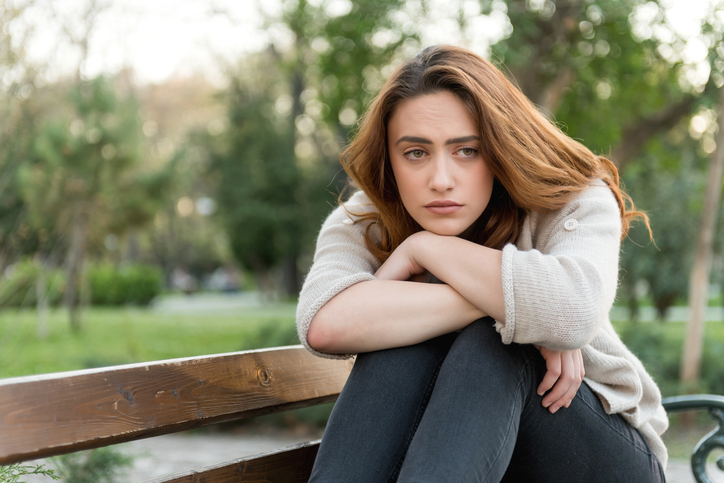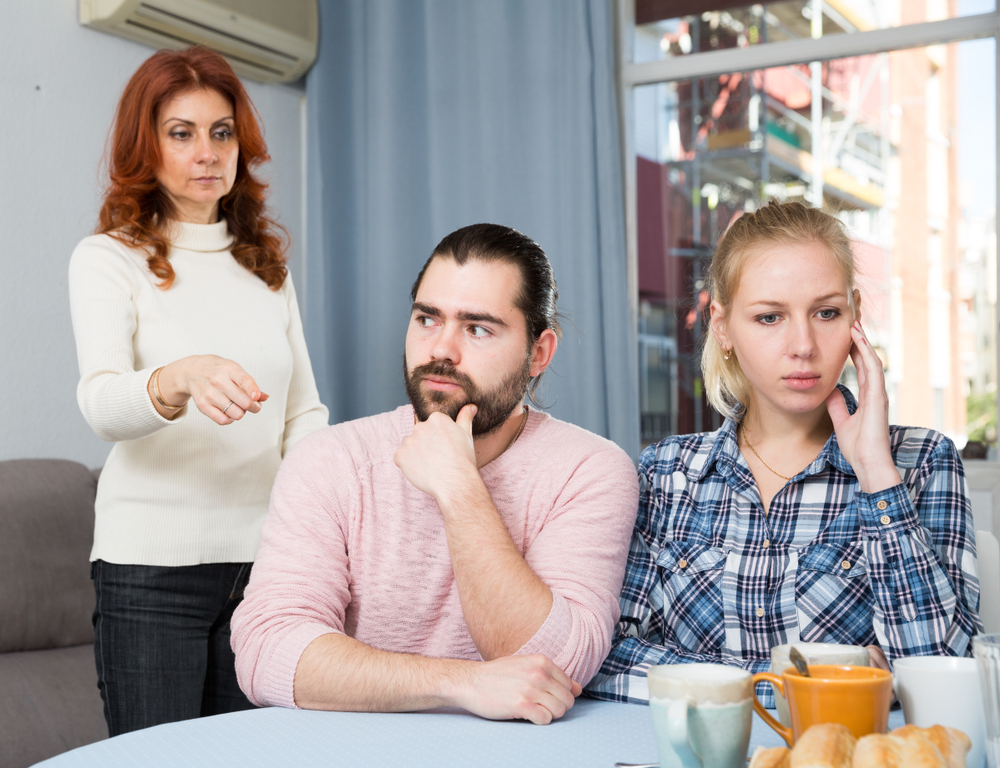It’s a sad reality that some children don’t grow up in a safe and loving home. Feeling scared and unsafe during your childhood can lead to many problems growing up, especially when you try to navigate new relationships. Here’s how it can affect you in adulthood.
1. You’re not sure who to trust.

When you’re repeatedly put in a situation where you feel unsafe, you start to question who you can really trust. So, even when you meet someone who you think is loving and reliable, you might start to doubt whether you can really be vulnerable with them. What if it’s all pretend? What if they don’t really care about you? It’s a tough mindset to break out of!
2. You’re afraid of how people will react to the real you.
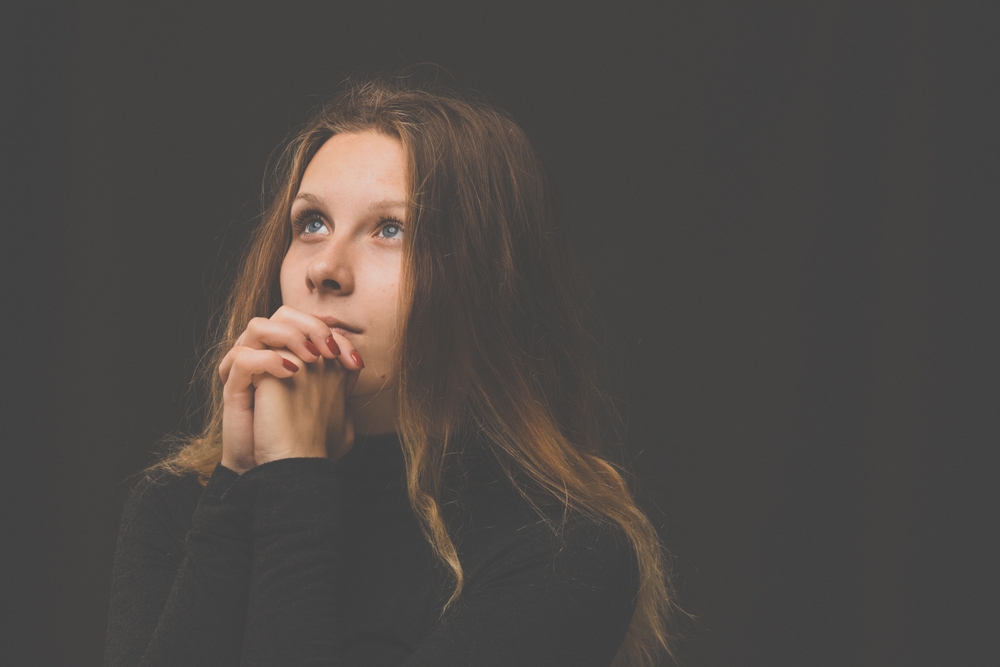
Opening up to someone for the first time is scary because you’re putting yourself in a vulnerable position. You can’t be sure how they’ll react or if they’ll accept you for who you are. What if they think you’re weird or that there’s something wrong with you? Feeling unsafe during your childhood can make you afraid of difficult conversations, which can often lead to you bottling things up instead, per Verywell Mind.
3. You don’t want to be disappointed.

What’s the best way to avoid disappointment? Not trying in the first place. This isn’t a great motto to live by, but if you’ve experienced childhood trauma, this might be the only way to spare yourself from getting hurt. Putting your trust in someone can lead to disappointment, so you might decide to avoid it altogether. This makes it hard to get close to anyone.
4. You freeze.
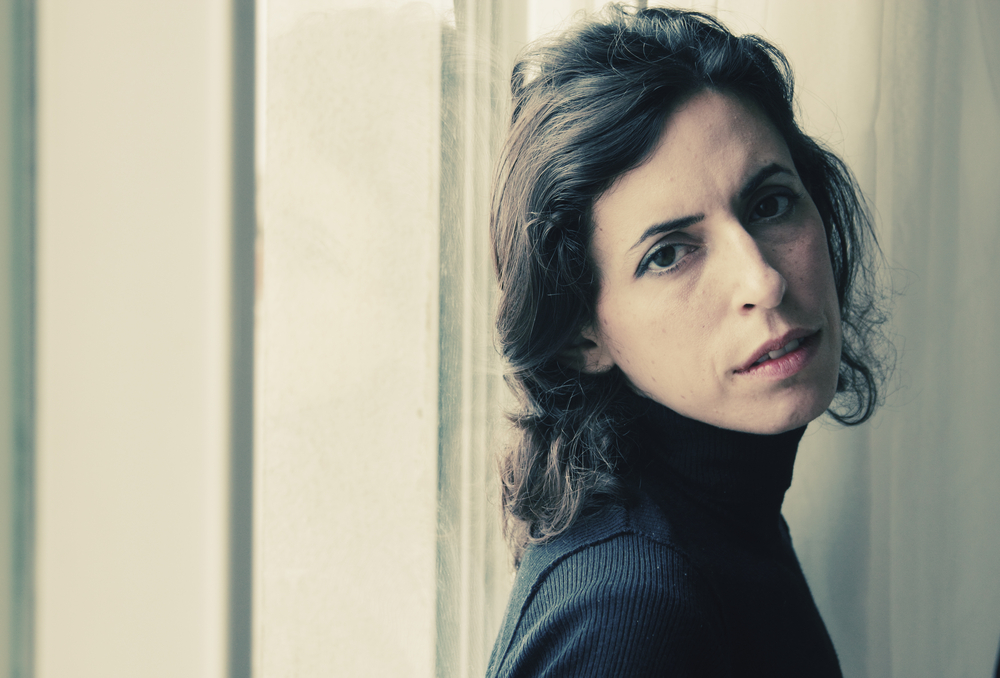
Maybe you really want to open up, but every time you try to speak the words get caught in your throat. Sound familiar? This is a common sign of trauma. One part of you wants to seek comfort and validation, but the other part of you is holding back in fear of getting hurt.
5. You’re worried about being judged.

The feeling of being judged is a difficult one, especially if it’s by someone you know and love. Opening up leaves you in a vulnerable position where you could be judged wrongly or harshly. However, someone who is worth caring about will never judge you. They will listen to you and accept you, even if they can’t understand how you feel.
6. You think the things you share could be turned against you.

If you’ve had people throw certain vulnerabilities or experiences back in your face in the past, you might worry that anyone you know is capable of hurting you. You might worry that the things you share with this person could be used against you in some way. These thoughts often hold you back from getting close to anyone.
7. You worry they won’t keep your secrets.

The things you share with someone should always be kept between the two of you, but if you’ve had your trust broken before, you might feel paranoid that they will go behind your back and tell people the stuff you’ve shared with them in confidence. While it’s hard to recover from childhood trauma, your lack of trust in everyone will only end up hurting you.
8. You feel closed off.

Even though you want to let new people in, it feels like you can’t get close to anyone. You want to learn to trust people and build deeper relationships, but you’re not sure how to be yourself around anyone. When you feel unsafe as a child, you have to grow up too quickly. As a result, it’s harder to maintain and build relationships. You’re still a scared child in the body of an adult. There are ways to get over this fear, PsychCentral notes, but it takes time and hard work.
9. You’re worried they’ll leave.

There’s nothing more gut-wrenching than putting your trust in someone and opening up to them, only for them to leave you. If you’ve had people you love abandon you for any reason, you’re probably expecting it to happen again. To avoid getting hurt and feeling disappointed, you might avoid getting close to anyone. In your eyes, it’s better to be alone than risk getting hurt by someone you care about.
10. You lose your nerve.

Every time you decide to be brave and get vulnerable with someone, you lose your courage at the last minute and clam up again. Even if you know logically that you’re safe with them, there’s a mechanism inside of you that won’t let you let your guard down entirely. It’s hard to let new people in, but keeping it bottled up isn’t healthy. Sooner or later, you have to make a change.
11. You feel embarrassed.
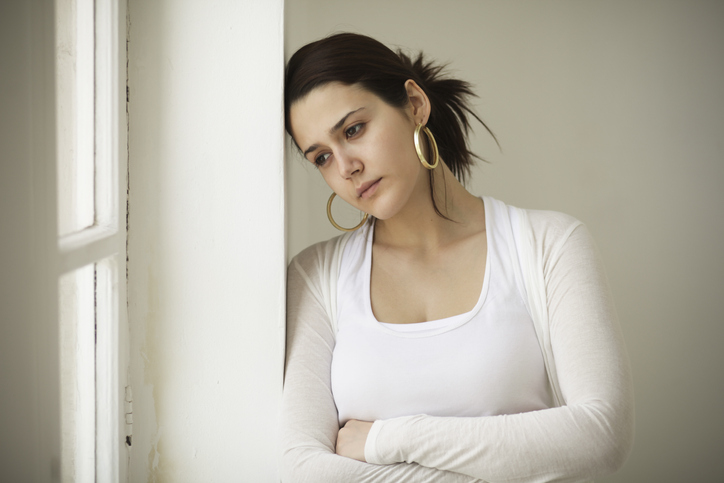
You shouldn’t be embarrassed of your feelings or your past, but opening up to someone for the first time can make you feel that way. Part of you might be worried that you’ll cry or say something you shouldn’t. To avoid any embarrassment, you shut yourself away and keep your thoughts to yourself. It’s lonelier this way, but in your mind, this makes you feel safer.
12. Your memories are hazy.
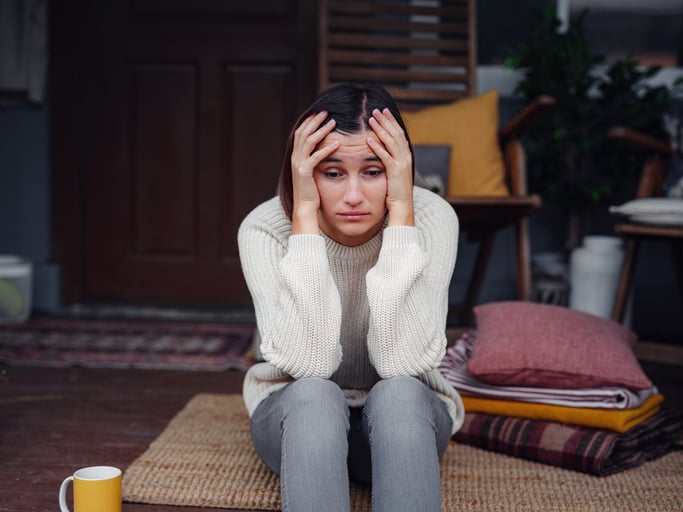
In order for your brain to protect you against childhood trauma, it might block out certain memories and events. You might have trouble opening up to people because you have difficulty recalling your past. It can be hard — even impossible — to get those memories back. Seeing a therapist may help you to move on and strengthen your relationships.
13. You don’t like change.

You’re used to keeping your thoughts, feelings, and struggles to yourself, and while you’re aware that sharing them with someone would lighten the load you carry on a daily basis, the mere thought is terrifying. Vulnerability is often tied with fear, and if you’ve felt afraid as a child, it can be hard to separate the two feelings. You’ve become too comfortable, making it hard to break out of your comfort zone. But the thing about comfort zones is you can’t stay in them forever. You have leave them eventually if you ever want to grow an dchange.
14. You’re always on high alert.

Feeling unsafe as a child can make you feel like you’re always on high alert, expecting the worst to happen. You feel like there’s danger at every corner, even from people who you love and trust. To avoid the worst from happening, you try to be as self-contained as possible, not relying on anyone else for help or support. You think this fixes the problem, but it only adds to it.
15. You have low self-esteem.

Experiencing trauma as a child can lead to you having low or no sense of self-worth as an adult. You might start to feel like you’re not deserving of love or friendship, so you hide away. It’s hard to change the way you feel about yourself, but allowing yourself to get closer to others and letting them accept you will get you on the path to loving yourself.
Enjoy this piece? Give it a like and follow PsychLove on MSN for more!


